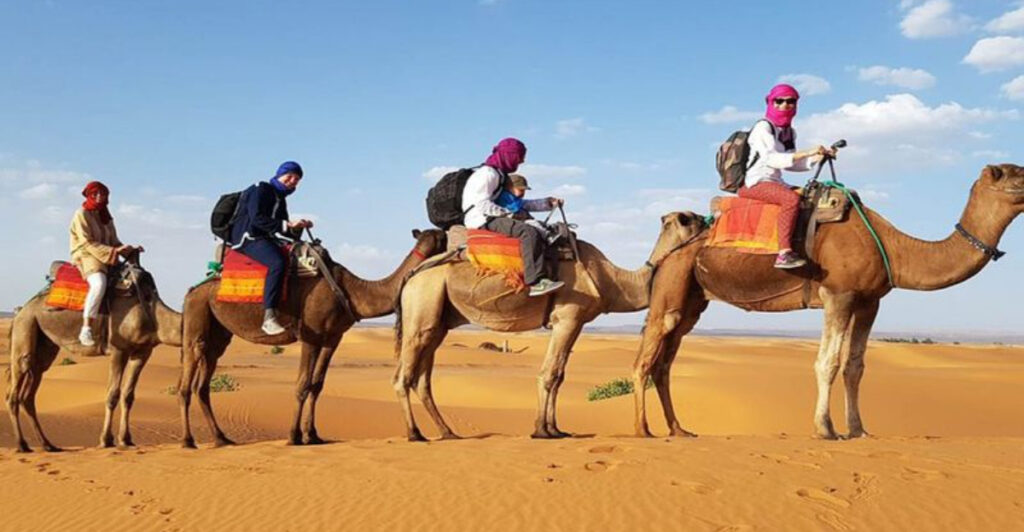Morocco captivates travelers with its vibrant markets, stunning deserts, and rich culture. However, many visitors arrive unprepared for the unique challenges this North African gem presents. From navigating ancient medinas to understanding local customs, knowing these insider secrets can transform your trip from stressful to spectacular. Here are the essential truths about Moroccan travel that guidebooks rarely mention.
1. The Medina Maze is No Joke
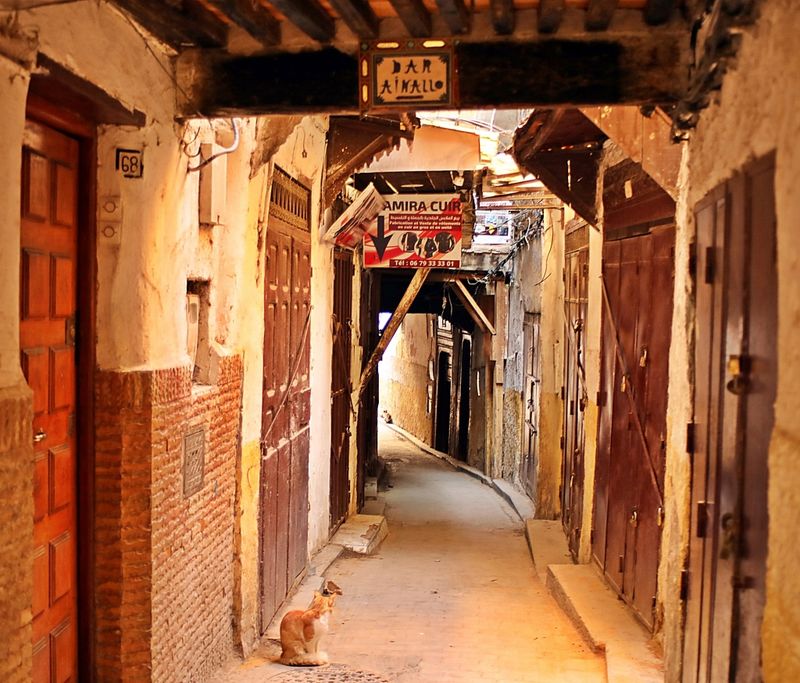
Ancient medinas feel like stepping into a medieval puzzle where every alley looks identical. Your smartphone’s GPS becomes useless among these narrow, winding passages that haven’t changed for centuries.
Getting lost isn’t just possible—it’s almost guaranteed for first-time visitors. The maze-like structure was designed centuries ago for defense, making navigation deliberately confusing.
Download offline maps before entering and mark your hotel’s location with a pin. Better yet, hire a local guide for your first day to learn key landmarks and shortcuts that will save hours of wandering.
2. Bargaining is Expected (And Aggressive)
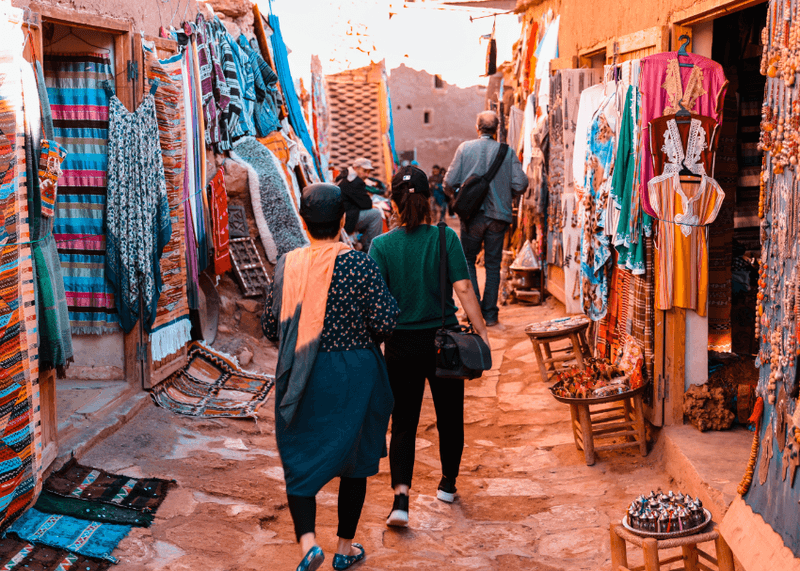
Vendors quote prices three to five times higher than what they’ll actually accept, especially when they spot tourists. This isn’t personal—it’s simply how business works in Moroccan markets.
Start your negotiations at roughly 30% of their opening price and slowly work upward. Don’t feel guilty about aggressive bargaining; sellers expect and respect it.
Walking away often triggers their best offer, so don’t hesitate to leave if the price seems too high. Remember, they wouldn’t sell if they weren’t making profit, so negotiate confidently without worrying about being unfair.
3. Free Guides Aren’t Really Free
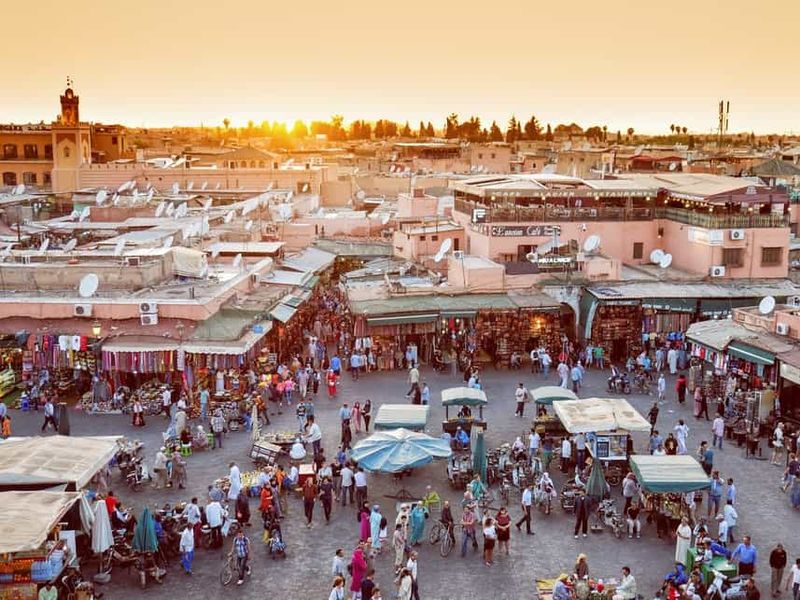
Friendly locals who approach offering free tours seem genuinely helpful, but this generosity comes with hidden costs. They’ll guide you through interesting spots, then demand payment afterward, often aggressively.
Some may claim you agreed to pay or act offended when you refuse. Others might lead you to shops where they earn commissions from your purchases.
Politely decline these offers or establish clear payment terms upfront if you’re interested. Official guides wear badges and provide transparent pricing, making them safer choices for exploring unfamiliar areas without unexpected financial surprises or uncomfortable confrontations.
4. The Food is Amazing—But Watch Where You Eat
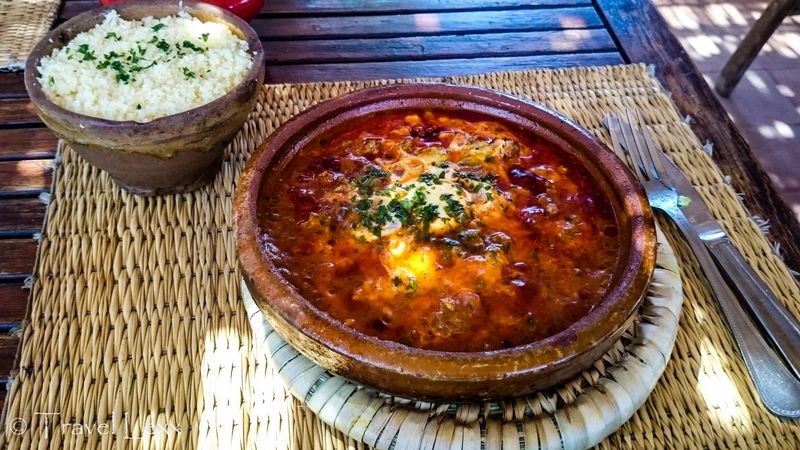
Moroccan cuisine ranks among the world’s best, with aromatic tagines, fluffy couscous, and refreshing mint tea creating unforgettable flavors. Street food vendors serve incredible dishes at bargain prices.
However, your stomach needs time adjusting to local ingredients and preparation methods. Raw salads and unfiltered water cause problems for many visitors, leading to uncomfortable days.
Choose busy stalls where food turns over quickly, ensuring freshness. Stick to cooked dishes and bottled water initially, then gradually try riskier items as your system adapts to the local cuisine and cooking styles.
5. Desert Tours Can Be Hit or Miss
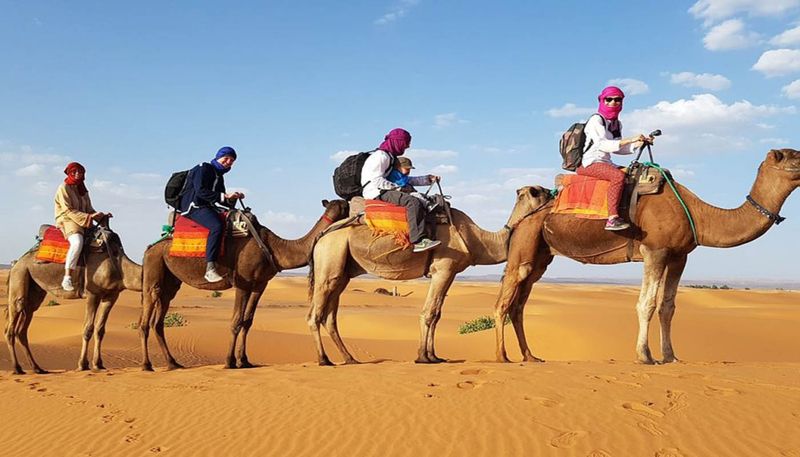
Many Sahara tours rush through experiences, cramming camel rides and desert camps into unrealistic timeframes. Some operators cut corners with basic accommodations and poor food quality.
Tourist-heavy tours often feel artificial, with staged “Berber experiences” that lack authenticity. Research companies thoroughly using recent traveler reviews rather than glossy brochures or website promises.
Invest in two-night luxury camps for genuine desert experiences. These longer tours allow proper sunset and sunrise viewing, comfortable sleeping arrangements, and meaningful cultural interactions with local guides who share real stories about desert life and traditions.
6. Dress Modestly (Even in Cities)
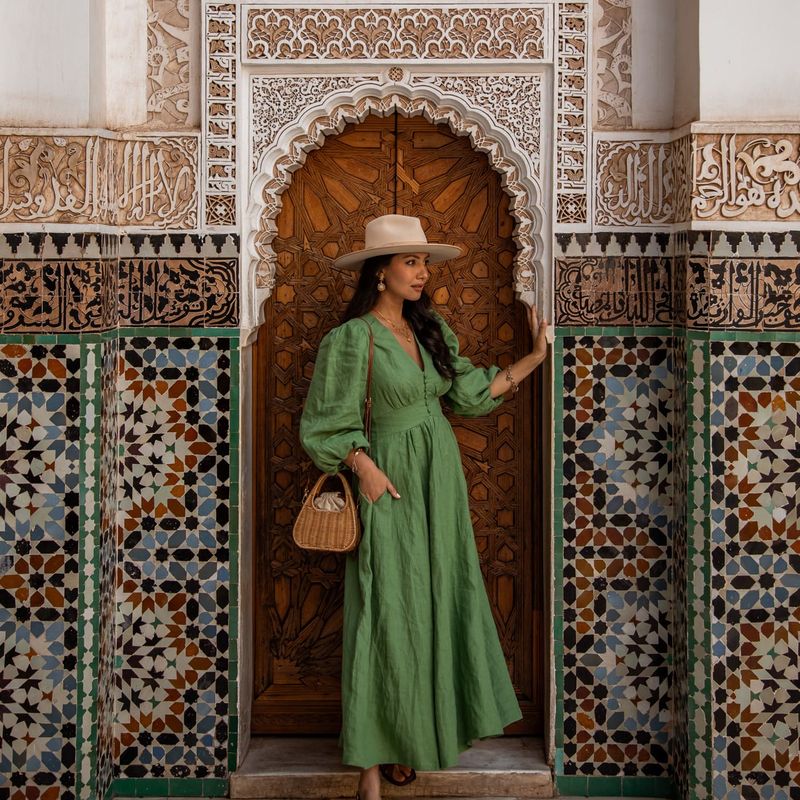
Morocco follows Islamic customs regarding appropriate clothing, particularly for women visiting religious sites or traditional neighborhoods. Covering knees and shoulders shows respect for local culture.
Even in modern cities like Marrakech or Casablanca, conservative dress helps avoid unwanted attention and uncomfortable stares from locals. Loose-fitting clothes also provide better sun protection.
Tourist resort areas offer more flexibility with dress codes, but venturing into authentic neighborhoods requires modest attire. Pack lightweight, breathable fabrics that cover appropriately while keeping you comfortable in Morocco’s warm climate and diverse social settings.
7. Cash is King
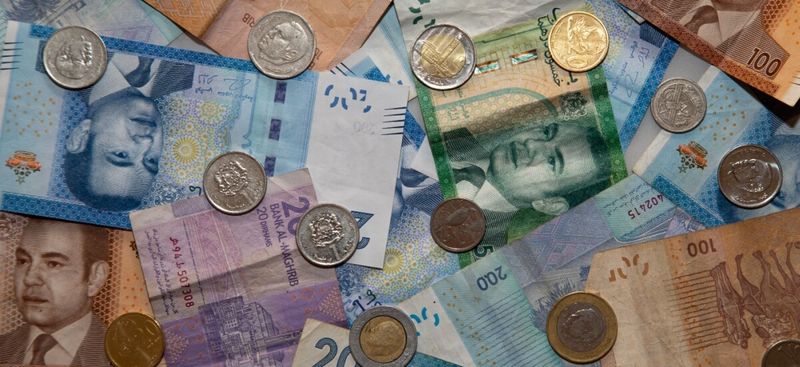
Credit cards work in major hotels and upscale restaurants, but most authentic experiences require cash payments. Small vendors, taxi drivers, and market stalls operate cash-only businesses.
Carry small denominations because vendors frequently claim they lack change, hoping you’ll pay the full larger bill. This “no change” situation happens suspiciously often with tourists.
ATMs are widespread in cities, but withdrawal fees add up quickly. Exchange money at banks or official bureaus for better rates, and always keep emergency cash hidden separately from your main wallet for security purposes.
8. Riads Beat Hotels Every Time
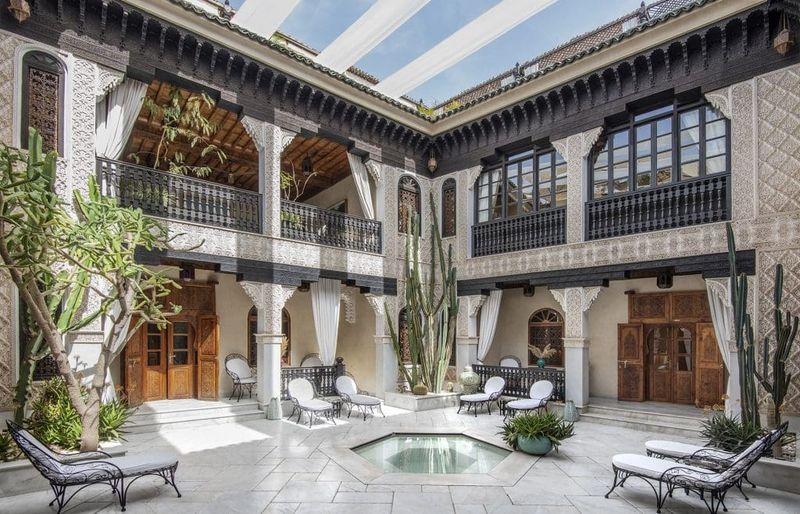
Traditional riads offer authentic Moroccan architecture with central courtyards, intricate tilework, and personalized service that chain hotels can’t match. These converted family homes provide cultural immersion.
Most riads feature stunning rooftop terraces perfect for breakfast or evening relaxation while enjoying medina views. Staff often provide insider tips about local attractions and restaurants.
Prices typically cost less than equivalent hotel rooms while delivering unique experiences. Book riads in advance during peak season, and read recent reviews carefully since quality varies significantly between different properties and management styles.
9. Taxis Will Try to Overcharge You
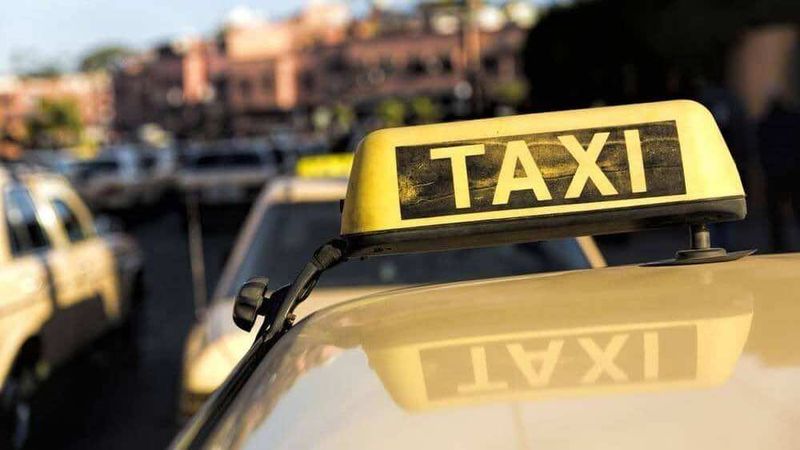
Taxi drivers often quote inflated fixed prices to tourists instead of using meters, especially near airports and popular attractions. This practice is so common that many visitors accept it.
Petit taxis (small city cabs) cost significantly less than grand taxis for short distances. Always insist on the meter or negotiate prices before entering the vehicle.
Learn basic fare estimates between common destinations so you’ll recognize unreasonable quotes. If drivers refuse reasonable requests, find another taxi. Competition is fierce, so patient travelers usually find honest drivers willing to use meters properly.
10. The Cats Everywhere Are (Mostly) Strays
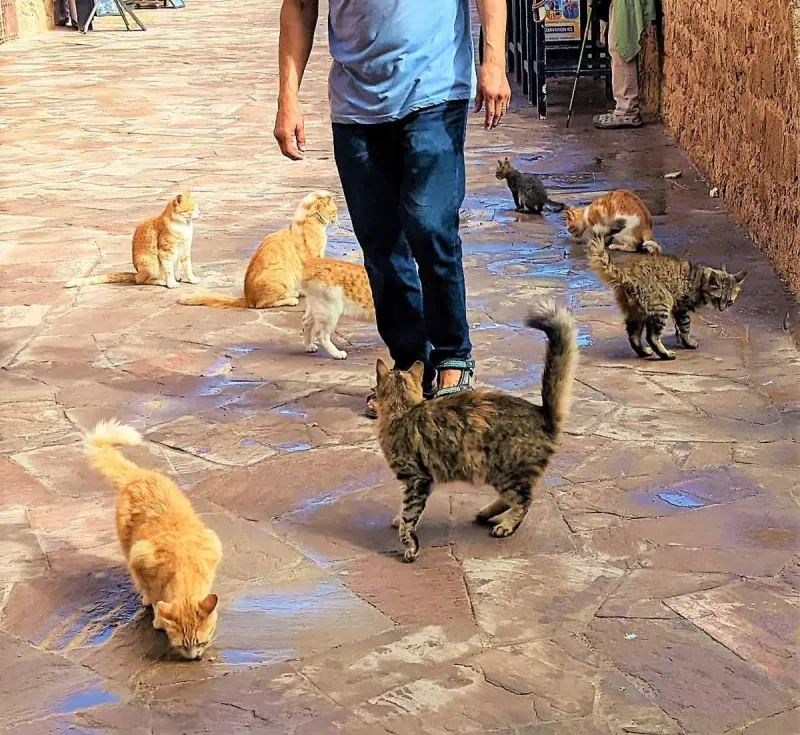
Street cats populate every Moroccan city and town, lounging in sunny spots and wandering through markets. These aren’t abandoned pets—they’re community cats that locals feed regularly.
While generally well-fed and tolerated, these cats may carry fleas or other parasites. They’re usually friendly but not accustomed to extensive human handling like house pets.
Admire them from a distance unless you’re comfortable with potential hygiene issues. Many cats are quite photogenic and add charm to street scenes, but resist the urge to pet every adorable feline you encounter during your Moroccan adventures.
11. Public Displays of Affection Are Frowned Upon
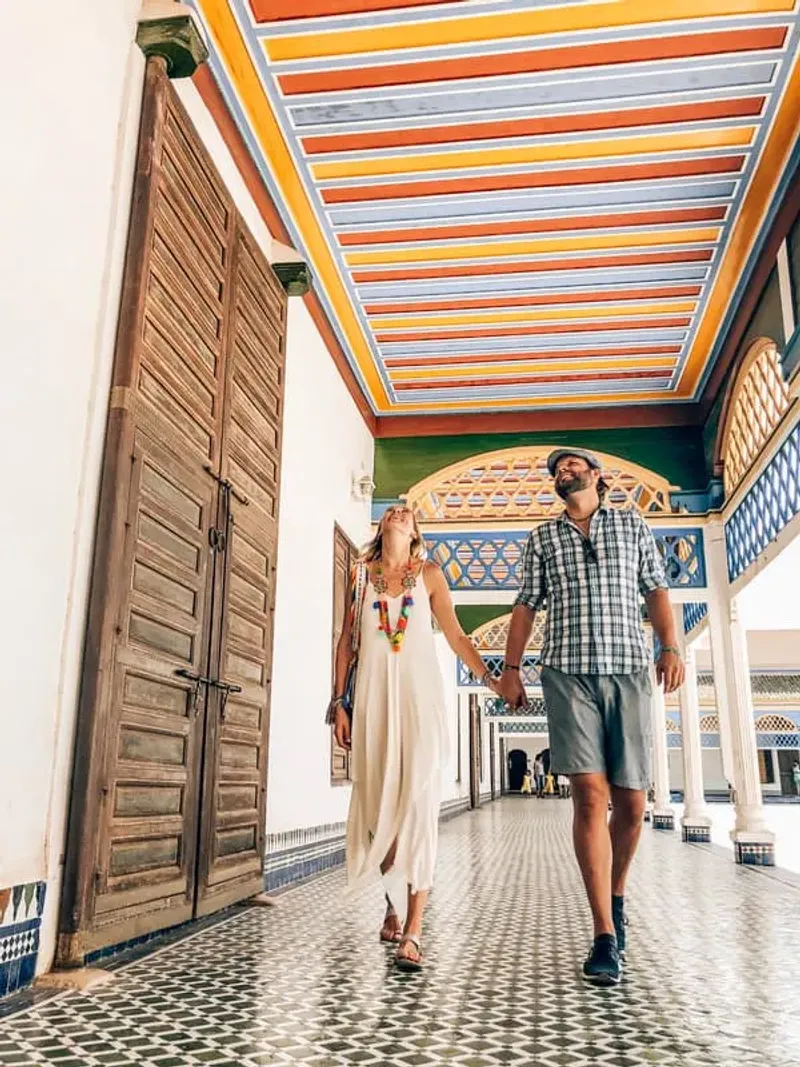
Morocco’s conservative Islamic culture views public romantic displays differently than Western countries. While holding hands between couples is generally acceptable, kissing draws disapproving stares.
Locals appreciate when visitors respect these cultural boundaries, especially in traditional neighborhoods and religious areas. Tourist zones offer more flexibility, but discretion remains wise.
Same-sex couples should exercise particular caution, as homosexuality faces legal restrictions and social stigma. Understanding and respecting these cultural differences helps ensure comfortable interactions with locals and avoids potentially awkward or problematic situations during your visit.
12. The Nightlife is Limited (Outside Big Cities)
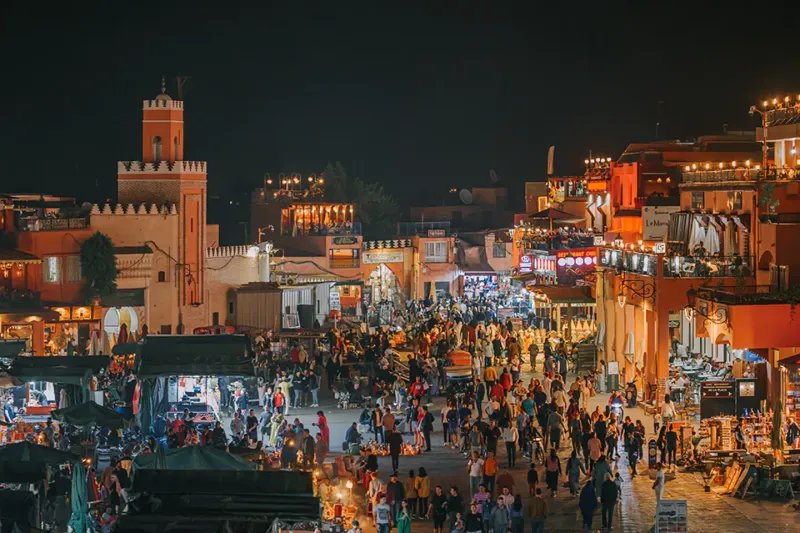
Alcohol availability varies dramatically across Morocco, with tourist hotels and some bars serving drinks, but conservative areas maintaining strict restrictions. Religious customs influence nightlife options significantly.
Marrakech and Casablanca offer the most vibrant evening entertainment, including rooftop bars, nightclubs, and late-night restaurants. Smaller towns often shut down early, especially during religious periods.
Plan evening activities accordingly based on your destination. Traditional entertainment like storytelling in Jemaa el-Fnaa square provides cultural alternatives to typical Western nightlife experiences that may not be available in all locations.
13. Ramadan Changes Everything
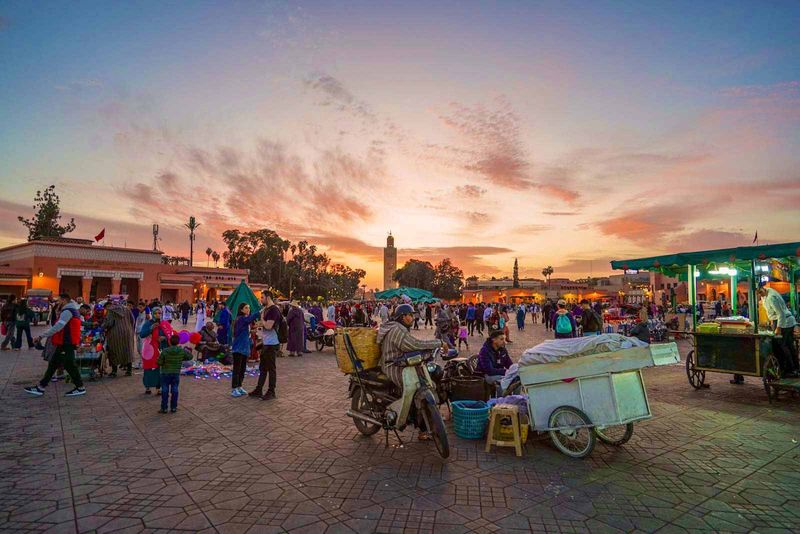
During Ramadan, Morocco transforms completely as Muslims fast from sunrise to sunset. Many restaurants close during daylight hours, and finding meals becomes challenging for travelers.
Local customs require discretion from non-Muslims regarding eating and drinking in public during fasting hours. Tourist areas may accommodate visitors, but respect remains important.
Consider timing your visit outside Ramadan for a typical travel experience with full restaurant availability and normal business hours. If visiting during Ramadan, research which establishments serve non-Muslim visitors and prepare for significantly altered daily rhythms and cultural experiences.
14. The Train System is Actually Great
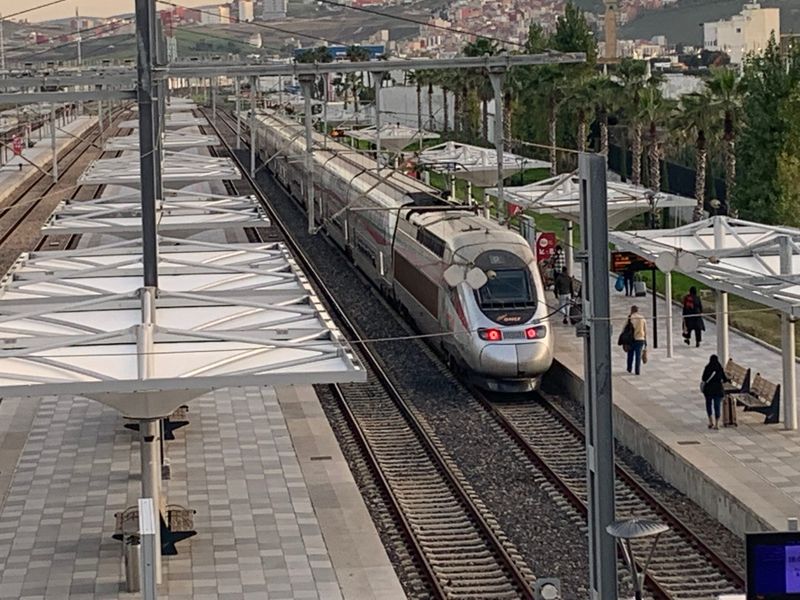
ONCF trains provide comfortable, affordable, and efficient transportation between major Moroccan cities. Modern trains offer air conditioning, clean facilities, and punctual service that surprises many visitors.
First-class tickets cost only slightly more than second-class but provide significantly more space and comfort. Advance booking ensures better seat selection during busy travel periods.
Train travel beats long bus rides for comfort and speed while offering scenic countryside views. Routes connect major destinations like Marrakech, Fez, Casablanca, and Rabat efficiently, making trains the preferred transportation method for smart travelers exploring multiple cities.
15. Not Every Berber Experience is Authentic
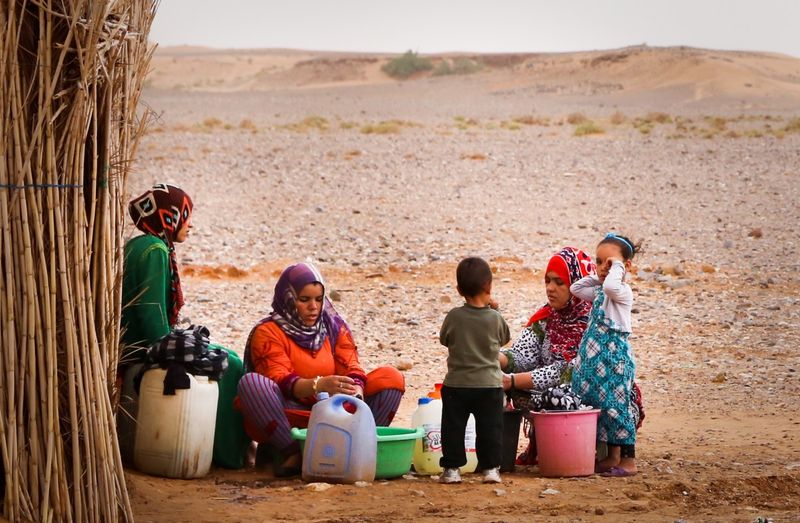
Many desert tours advertise “authentic Berber culture” but deliver staged performances designed for tourist consumption rather than genuine cultural exchange. These experiences often feel artificial and commercialized.
Real Berber interactions happen through small-group tours or family-run operations where cultural sharing occurs naturally. Mass tourism operations typically prioritize entertainment over authenticity.
Research tour operators carefully, seeking those with genuine local connections and smaller group sizes. Ask specific questions about cultural activities and guide backgrounds. Authentic experiences cost more but provide meaningful connections with Berber traditions, history, and contemporary life rather than tourist-oriented performances.
16. The Heat is No Joke (But Nights Can Be Freezing)
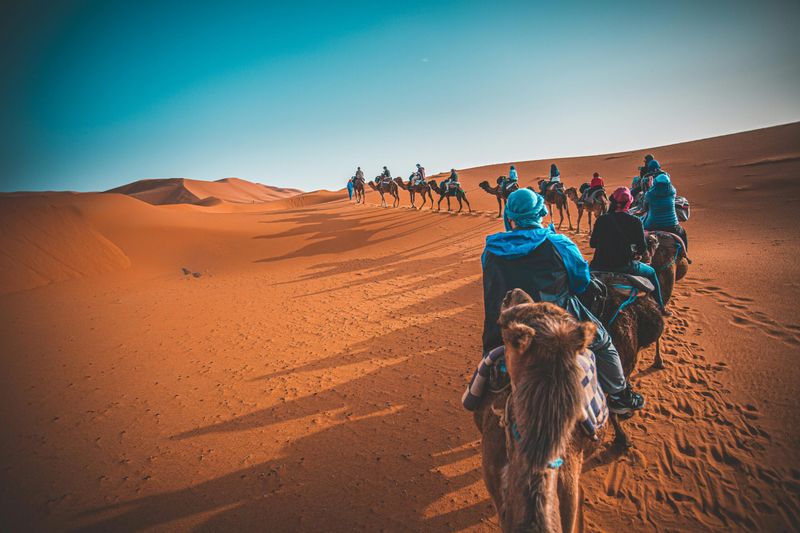
Moroccan weather plays tricks on unprepared travelers daily. Summer temperatures in cities like Marrakech regularly soar above 110°F, making afternoon exploration nearly impossible without proper planning.
Desert regions experience dramatic temperature swings that catch visitors off guard. While daytime heat can be unbearable, nighttime temperatures often drop 40-50 degrees, leaving tourists shivering in their summer clothes.
Pack layers including warm jackets for evening adventures. Plan indoor activities during peak heat hours and always carry extra water bottles everywhere you go.
17. You’ll Be Approached… A Lot
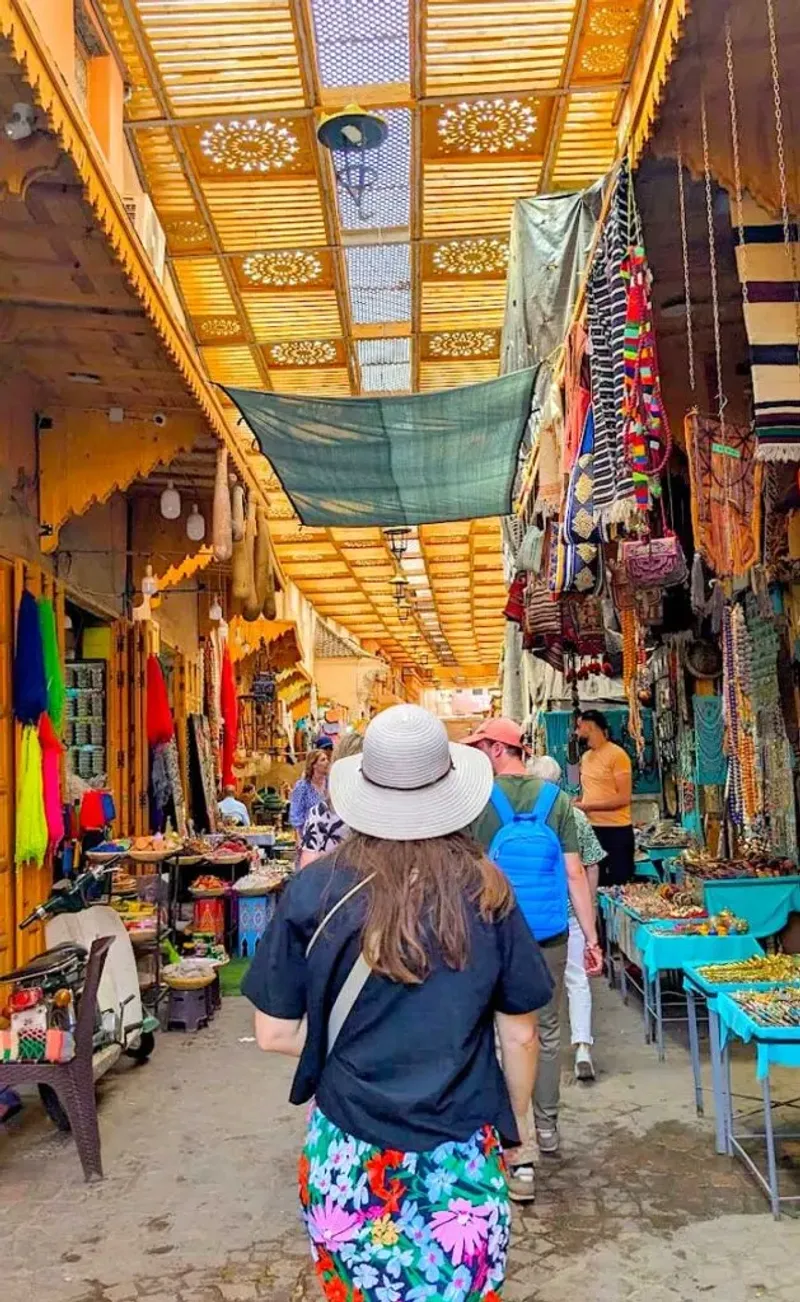
Street vendors, guides, and locals will approach you constantly throughout Moroccan cities. This persistent attention can feel overwhelming, especially for first-time visitors who aren’t used to such direct marketing tactics.
Learning polite but firm Arabic phrases like “La shukran” (no thank you) becomes essential for peaceful exploration. Many approaches are genuine offers to help, while others aim to separate tourists from their money through elaborate schemes.
Stay confident, make brief eye contact, and keep walking when declining offers. Avoiding eye contact entirely often encourages more persistent attempts at engagement from street sellers.
18. ATMs Are Everywhere (But Watch for Fees)
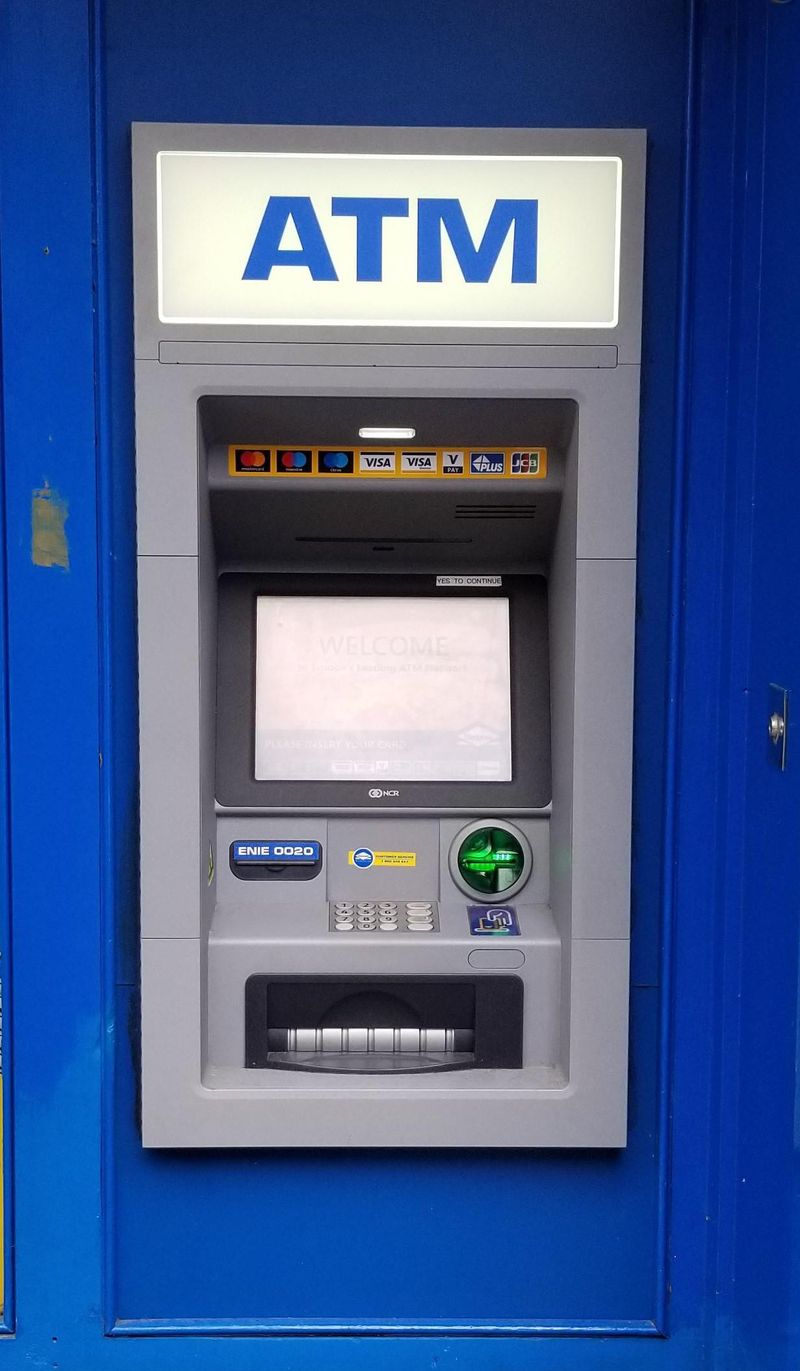
Modern Morocco offers plenty of ATM access in major cities and tourist areas. International cards work seamlessly at most machines, making cash withdrawal convenient for travelers from around the world.
However, foreign transaction fees can quickly add up to significant amounts. Some Moroccan banks charge additional withdrawal fees on top of your home bank’s international charges, creating double penalties for frequent withdrawals.
Withdraw larger amounts less frequently to minimize fee impact. Research your bank’s international partnerships beforehand and notify them of travel plans to avoid card blocks during your trip.
19. The Language Barrier is Real (But Manageable)
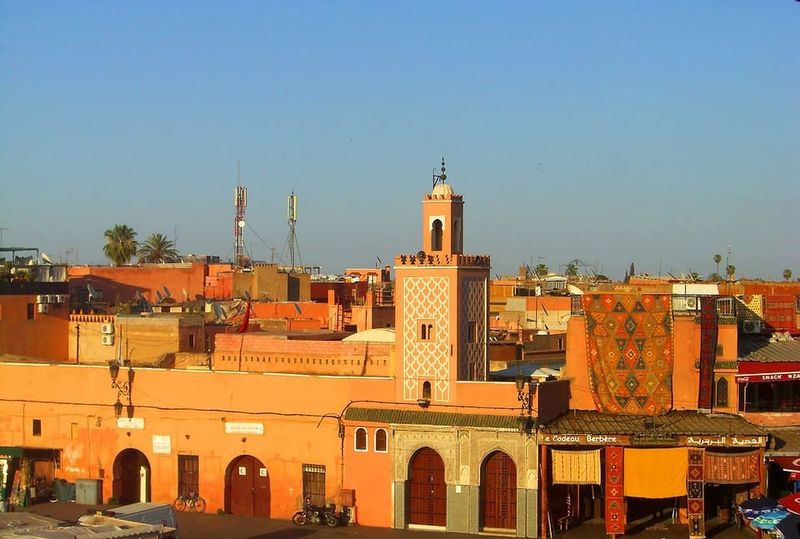
Morocco uses Arabic and Berber as official languages, with French widely spoken due to colonial history. English knowledge varies dramatically depending on location and generation, creating communication challenges for many visitors.
Younger Moroccans in tourist areas often speak excellent English, while older generations and rural residents may only know Arabic or French. Learning basic Arabic greetings and numbers helps tremendously with daily interactions and shows cultural respect.
Download translation apps before arriving and carry a small phrasebook for emergencies. Patience and smiles go far when words fail during conversations.
20. It’s Worth Every Bit of Chaos
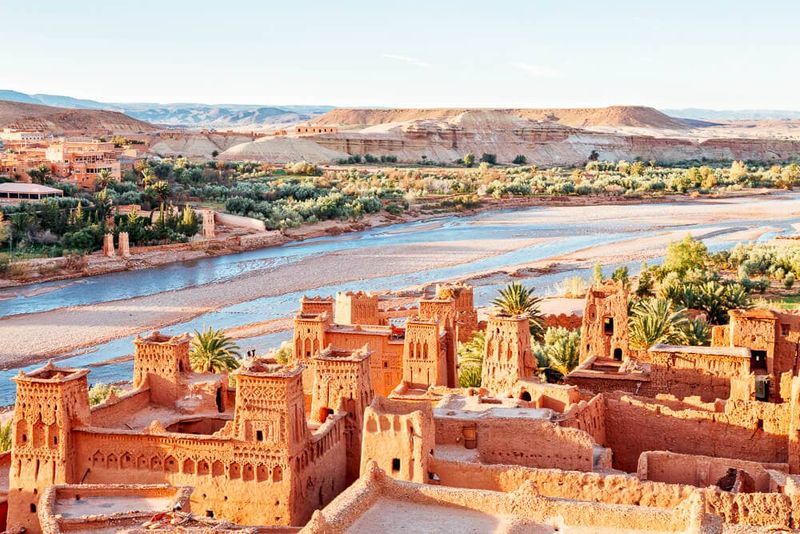
Despite challenges, frustrations, and cultural adjustments, Morocco delivers unforgettable experiences that justify every difficult moment. The country’s authentic culture, stunning landscapes, and warm hospitality create memories lasting far beyond typical vacation destinations.
Chaotic medinas reveal hidden architectural gems and artisan workshops unchanged for centuries. Desert sunrises, mountain villages, and coastal towns offer diverse experiences within one remarkable country that few places can match.
Embrace the unpredictability rather than fighting against it. Morocco rewards flexible travelers who approach challenges with curiosity instead of frustration, creating transformative journeys worth sharing forever.

